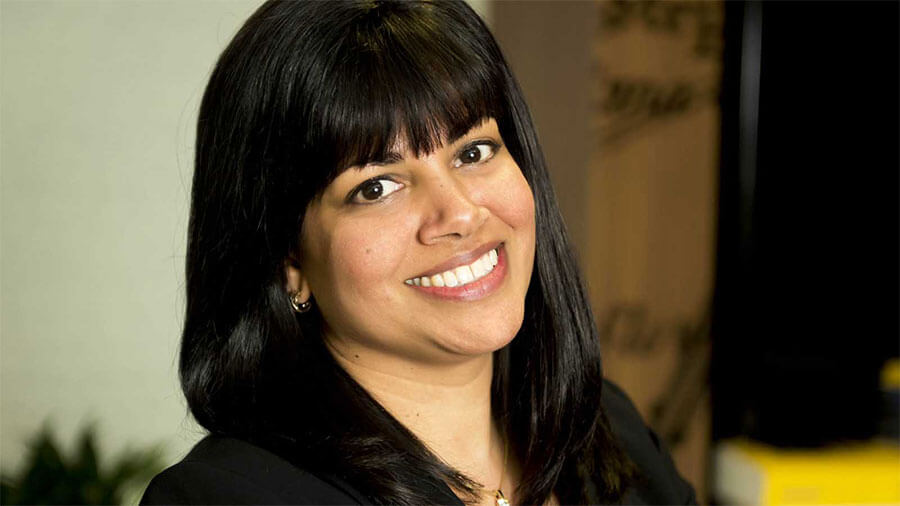It is estimated that approximately 60% of the UK adult population has not made a Will. This is remarkable in a world of ever more complex families and an increasingly litigious population. So if you are one of the 60%, don’t put off the important and relatively easy step of making a Will any longer.
What are the most common reasons for not making a Will? Some people simply don’t want to address the issue of death. Others feel that they have nothing to leave or assume it will all automatically go to their partner or children. For others the upfront costs of making a Will can be off-putting.
Sadly by not tackling the issue head on, it often creates room for further problems down the line. If you die without a valid Will, then your estate will be distributed in accordance with the intestacy rules, an arbitrary formulae designed to decide who gets what. It was drafted by a government draftsman with no thought to individual circumstances. These rules do not recognise the often cited ‘common law’ husband and wife. In the absence of a Will, which might have provided for an unmarried partner, the surviving partner may be left in a precarious position. The intestacy rules also do not necessarily mean the best inheritance tax planning which can result in a headache for the surviving spouse and other beneficiaries and an unwanted tax bill.
So what about the costs arguments? Yes legal advice can be expensive. However, legal fees are generally competitive and as with other things in life, you get what you pay for. It often surprises us that people have assets of hundreds of thousands of pounds and will risk leaving these to chance, for the sake of a well drafted Will that might cost a few hundred pounds. The lack of a Will or a poorly drafted Will may result in higher legal fees during the administration of an estate. In 2015, there were 116 challenges in the High Court against Wills, a rise on the previous year. This is just the tip of the iceberg as there were also thousands of challenges that would have been settled before reaching court, at no small cost to the deceased’s estate.
Making a Will should not be a painful task. A good lawyer will guide you through the process from start to finish and will raise any other issues that you might not have considered. The requirements for making a valid Will are also strict. Your lawyer will ensure that your Will is completed properly.
As we live longer lives, issues of age and frailty lead some people who have not made a Will to think that they no longer have the capacity to make one. Whilst you must have full mental capacity to make a Will, even if you have been diagnosed with an illness such as dementia, you may still be able to make a valid Will. Again, your lawyer will be able to help you and advise on what additional steps, if any, may need to be taken such as obtaining a GP’s report. Your lawyer will ask probing open questions designed to assess capacity and this should all be recorded. Whilst this may all sound a bit unnecessary, the purpose of this is to pre-empt any later claim against your Will. Whilst there can be no guarantees, a good lawyer should give your Will a fighting chance.
With all of this in mind, what are you waiting for? A Will provides reassurance to your family at a time of need and makes your wishes clear. Don’t leave the passing of your estate to the control of someone else, make a Will today and review it regularly to take into account any changes to your circumstances.
The contents of this article are intended for general information purposes only and shall not be deemed to be, or constitute legal advice. We cannot accept responsibility for any loss as a result of acts or omissions taken in respect of this article.

